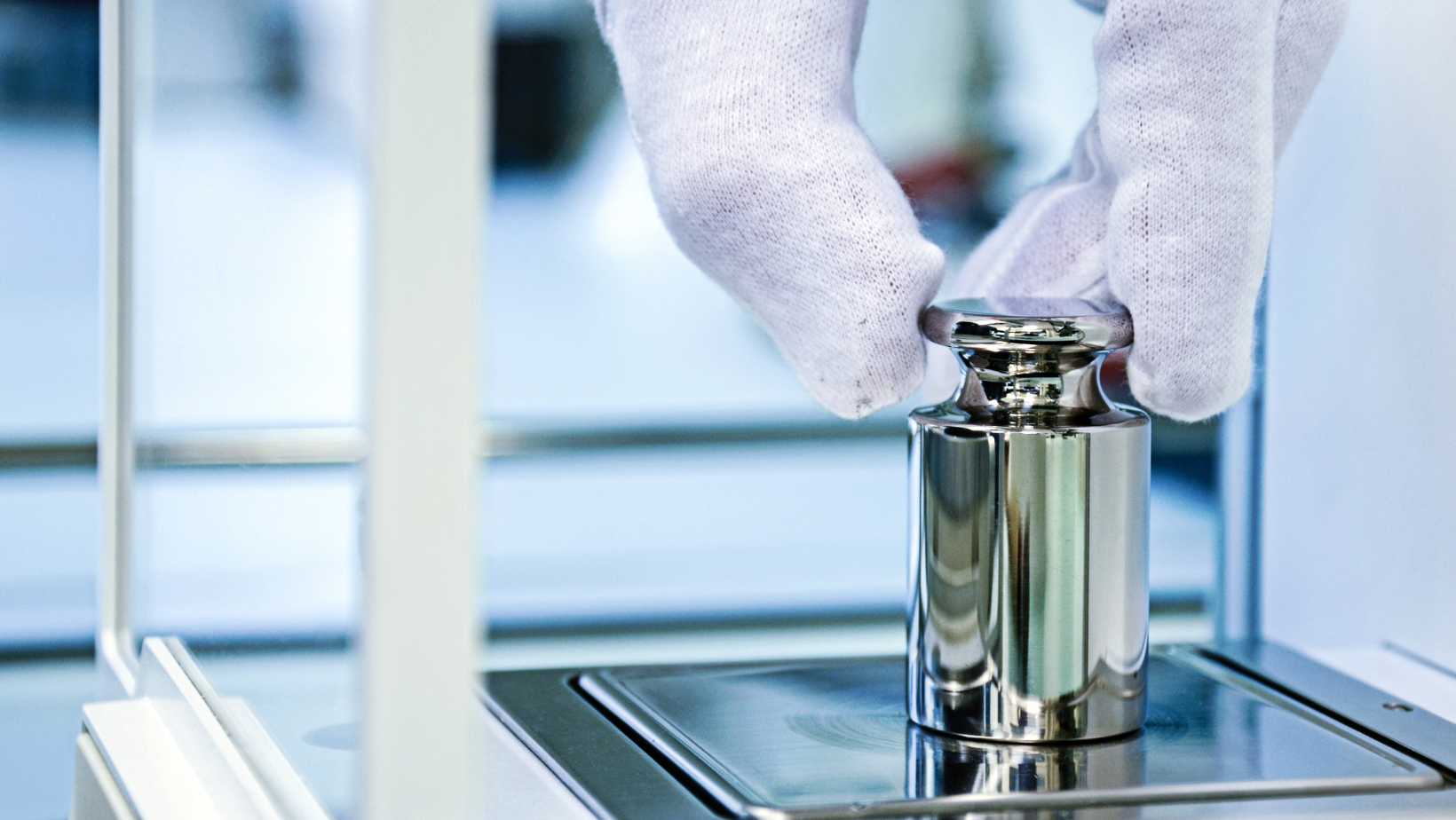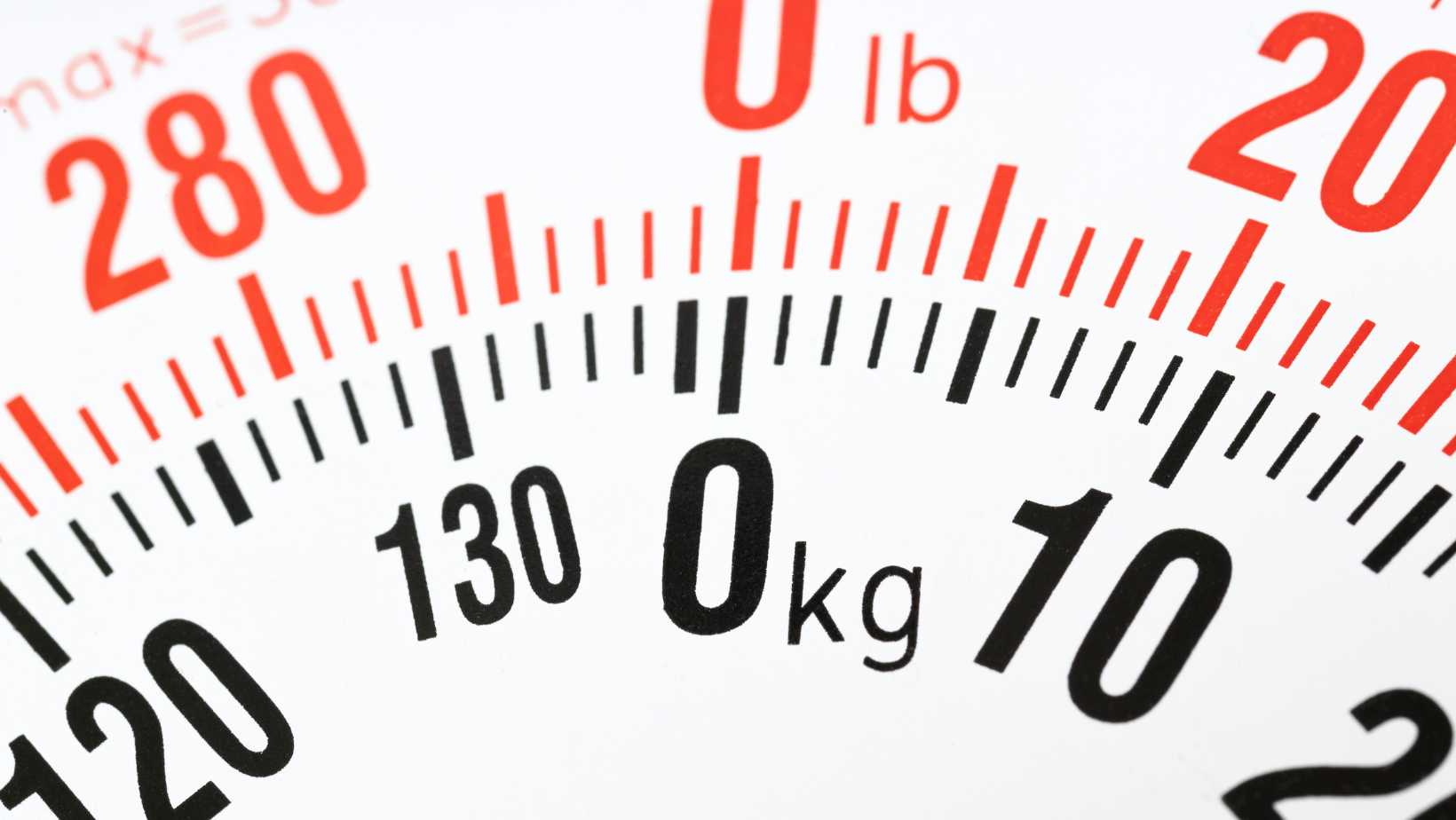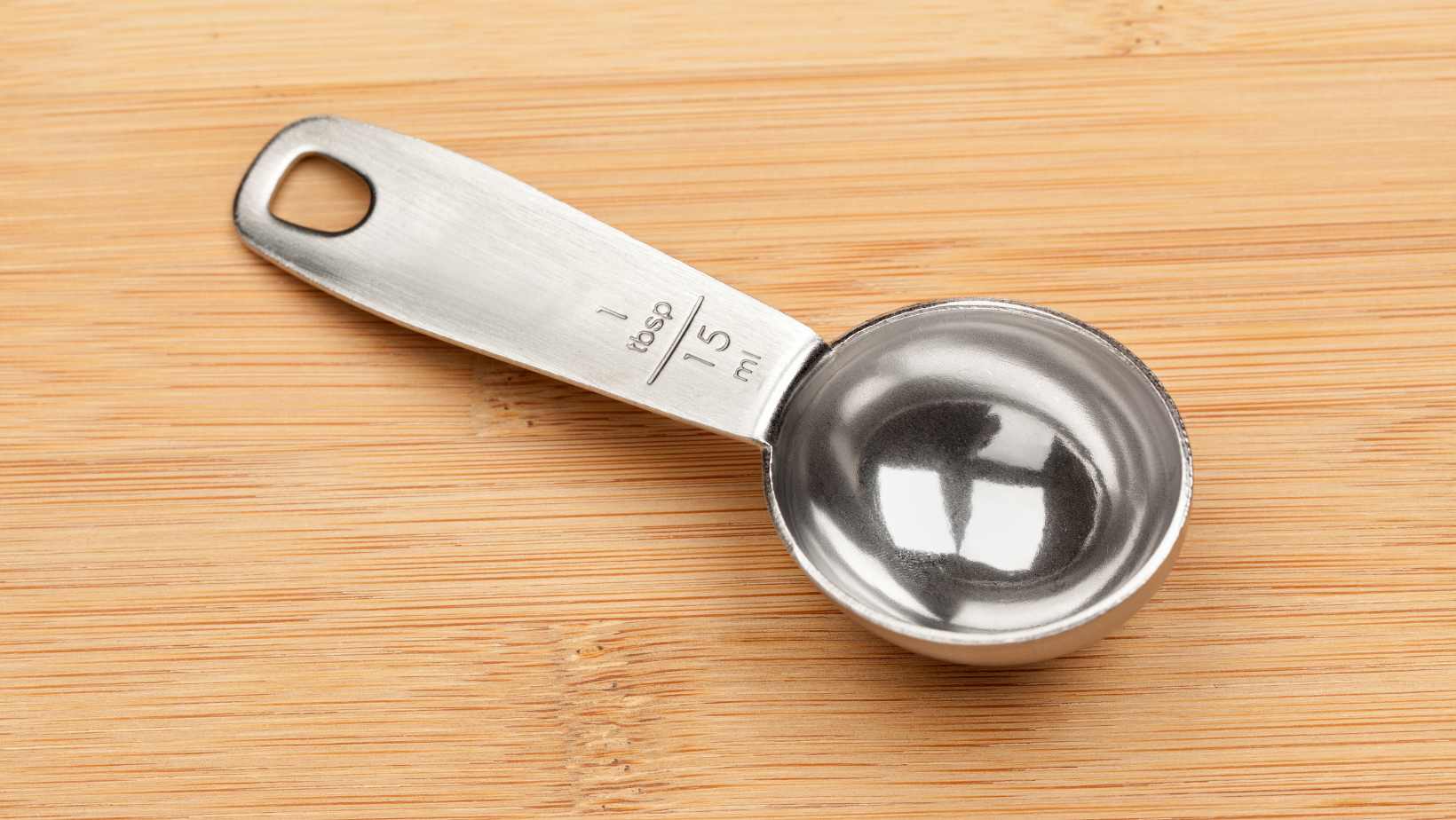How Many ML in a Kilogram? Expert Answers And Conversion Guide

Are you wondering how many milliliters are in a kilogram? Well, the conversion between volume and weight can be a bit tricky. However, I’m here to shed some light on this topic for you.
When it comes to converting kilograms to milliliters, it’s important to consider the substance or material being measured. The density of the substance plays a crucial role in determining the conversion factor. For example, water has a density of 1 gram per milliliter (g/mL), which means that 1 kilogram (kg) is equivalent to 1000 milliliters (mL).
However, not all substances have the same density as water. So if you’re working with a different liquid or solution, you’ll need to find its specific density value in order to calculate the conversion accurately.
In conclusion, there isn’t a fixed answer for how many milliliters are in a kilogram without considering the density of the substance involved. Remember to check the specific density of the material you’re working with before attempting any conversions.
How Many ML In A Kilogram
The Basics of the Metric System
When it comes to understanding the metric system, it’s essential to grasp its fundamental principles and units of measurement. The metric system is a decimal-based system used worldwide for standardizing measurements. It offers a consistent and straightforward approach to measuring quantities such as length, weight, volume, and more.
At the heart of the metric system are three base units: meter (m) for length, gram (g) for mass or weight, and liter (L) for volume. These base units serve as building blocks from which other units are derived. For example, kilogram (kg) is a larger unit of mass than gram, while milliliter (ml) is a smaller unit of volume than liter.
Converting Milliliters to Kilograms
To convert milliliters (ml) to kilograms (kg), we need to consider the density of the substance in question. Density refers to how much mass is contained within a given volume. Different substances have different densities due to variations in their composition.
The formula for converting milliliters to kilograms depends on knowing the density of the substance. Once you have that information, you multiply the density by the number of milliliters being converted:
Mass (kg) = Volume (ml) x Density
For example, if you want to convert 500 ml of water into kilograms and know that its density is approximately 1 g/ml or 1 kg/L:
Mass = 500 ml x 1 g/ml = 500 g = 0.5 kg
So in this case, there are 0.5 kilograms in 500 milliliters of water.
Calculating the Ratio: Milliliters to Kilograms
Calculating the ratio between milliliters and kilograms can be useful when working with substances where specific ratios apply consistently. This allows us to convert between the two units without knowing the density of the substance.
For instance, if we have a substance where the ratio is 1 ml to 0.001 kg (or 1 g), we can use this conversion factor:
Mass (kg) = Volume (ml) x Conversion Factor
Let’s say we have 750 ml of a substance with this ratio:
Mass = 750 ml x 0.001 kg/ml = 0.75 kg
Therefore, in this case, there are 0.75 kilograms in 750 milliliters based on the given conversion factor.

Converting Kilograms to Milliliters
When it comes to converting kilograms to milliliters, the process can be a bit perplexing. However, with a clear understanding of the conversion factors involved, you’ll be able to make accurate calculations in no time. Let’s dive into the details.
To convert kilograms to milliliters, we need to consider the density of the substance in question. Since different substances have different densities, there is no universal conversion factor for all materials. Instead, we need to know the density of the specific substance we are working with.
Once we have the density value in grams per milliliter (g/mL), we can use the following formula:
Milliliters = Kilograms * Density (g/mL)
Let’s take an example for better understanding. Suppose we have 2 kilograms of water and want to find out how many milliliters it is equivalent to. The density of water is approximately 1 g/mL.
Using our formula:
Milliliters = 2 kg * 1 g/mL Milliliters = 2000 mL
Therefore, 2 kilograms of water is equal to 2000 milliliters.
It’s important to note that this conversion method applies specifically when dealing with substances that have a consistent density throughout. For materials whose density varies with temperature or pressure, additional considerations may be necessary.
In conclusion, converting kilograms into milliliters requires knowing the density of the substance being measured. By using the appropriate conversion factor and applying it correctly in our formula, we can accurately determine how many milliliters correspond to a given weight in kilograms.




